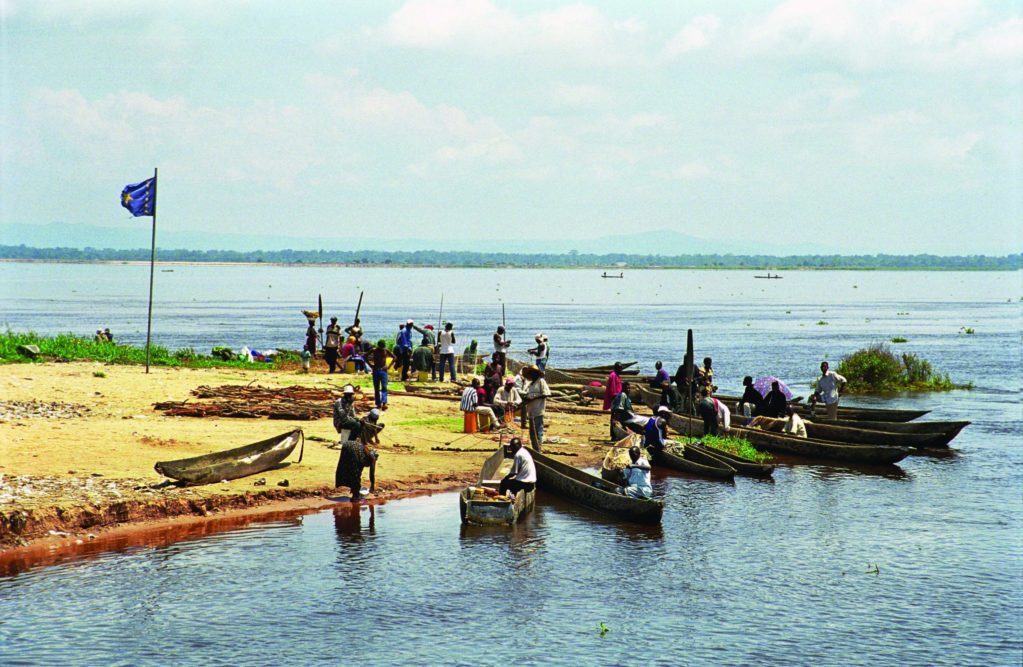The Democratic Republic of Congo (DRC) is immensely rich in resources but past conflict has held back the realization of this wealth, leaving its people amongst the poorest in Africa. The country is expected to be home to the world’s eleventh largest populationa by 2050. Raw mineral deposits are estimated to be worth in excess of $24 trillion but lay idle as fighting plagues the country.
It has seen at least four million people killed and another three million displaced.
Government forces continue to fight the rebel group M23 in the east, and recent peace talks have been suspended. Rene Abandi, leader of the M23 delegation, was quoted saying that negotiations are meaningless.

This could jeopardize the economic foundations that have already been laid. Eustache Ouayoro, country director at the World Bank, says that over the past few years, the DRC has been able to make significant progress to restore security across most of the territory, political reconciliation and economic recovery with the support of international partners, including the World Bank. So the world waits with bated breath.
Experts look to the country’s vast untapped wealth to pave the way to economic freedom, but say the road to this is likely to be a long one. Ouayoro says that positive signs are there, albeit tentative. The DRC may be emerging from instability and taking its first steps towards a new development era.
The country’s citizens suffer from poor healthcare, limited education and poverty. According to the World Bank, the DRC ranks last among the 187 countries in the Human Development Index. Poverty is widespread, with 71% of the population living on $1.25 a day.
The DRC, however, has been making steady strides in economic growth. Inflation was under control and in single figures in 2012, compared to 500% in 2001, and the World Bank says that with economic growth of 7.2% in 2012, and 8.2% expected in 2013, the DRC is among the countries experiencing some of the fastest levels of growth in the world at a time when it is non-existent in Europe.
Debt relief has helped. DRC was granted an estimated $16 billion debt relief under the World Bank and IMF’s Heavily Indebted Poor Countries (HIPC) Initiative. The write down has helped improve the country’s fiscal position and has allowed it to invest its debt savings in to development opportunities.
The World Bank reports that only a mere 10% of the DRC’s huge tracts of arable land are farmed, and only 13,000 hectares are irrigated. The country has four million hectares, but is currently importing at least 30% of its food. The World Bank believes its land could feed a billion people.
Ouayoro says that for the country to realize its full potential, there needs to be: improvement to the business climate; progress on anti-corruption measures; economic governance and stronger government institutions. It will also have to address the large infrastructure gap and prioritize food production and agriculture.
“We must promote inclusive growth in the DRC by making its economy more irresistibly competitive and helping to spur the creation of new, well-paying jobs, especially for the country’s growing ranks of young people,” Ouayoro says.
